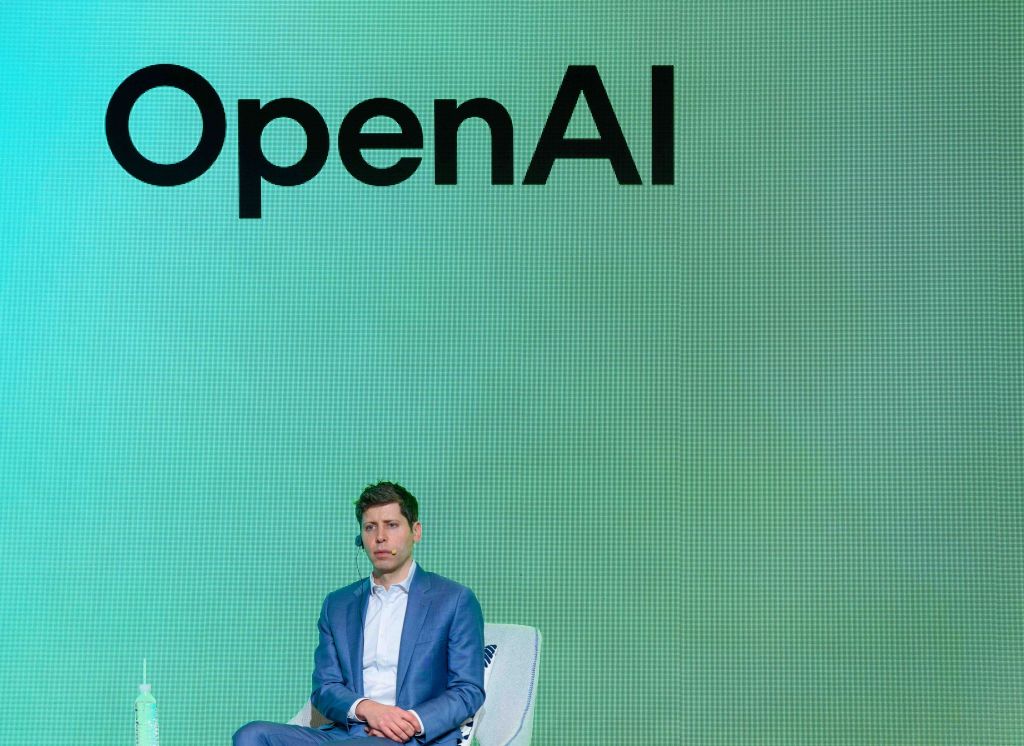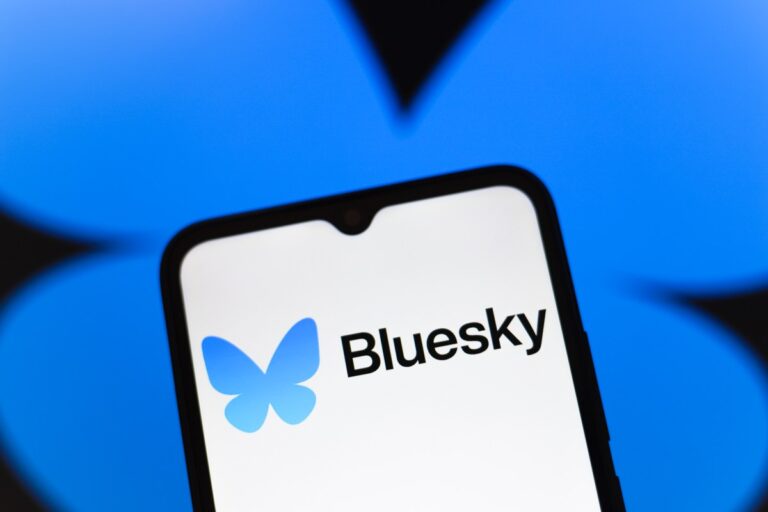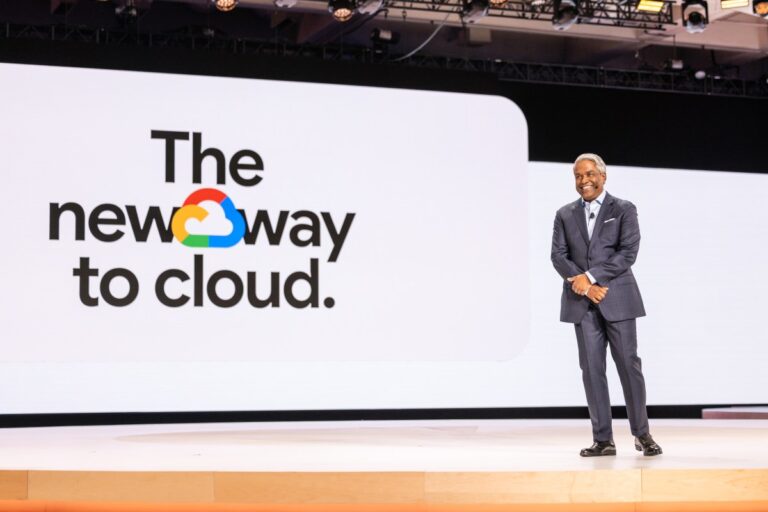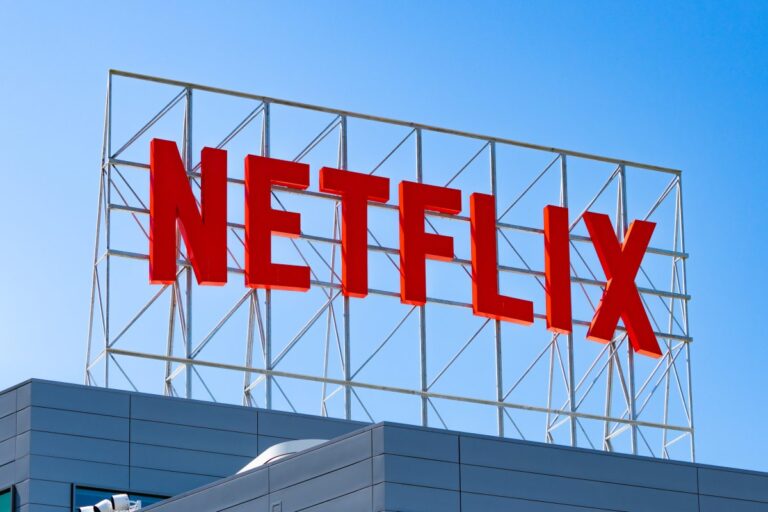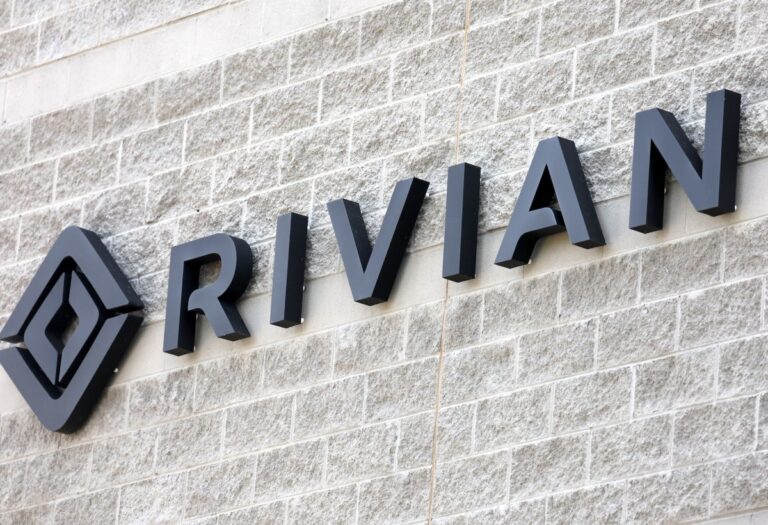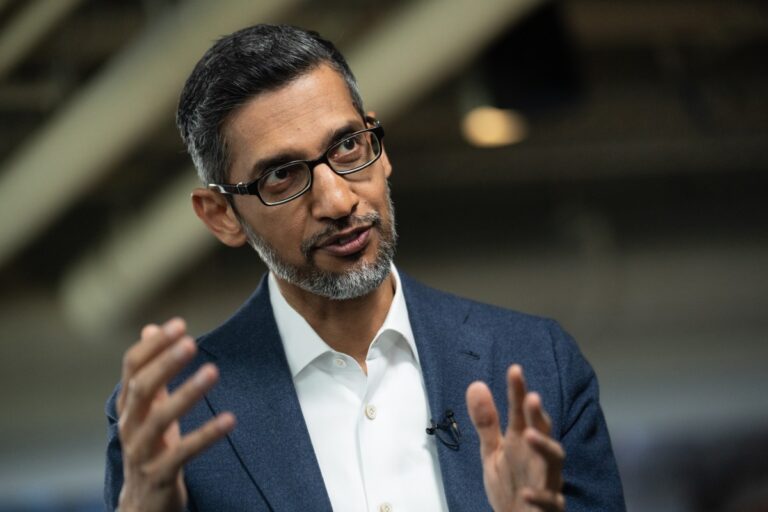OpenAI Takes Legal Action Against Elon Musk: Seeks Injunction to Halt Unlawful Practices
The ongoing conflict between OpenAI and its co-founder, billionaire Elon Musk, continues to escalate, drawing attention from the tech community and beyond. This dramatic feud has significant implications for the future of artificial intelligence and the ethical responsibilities surrounding its development.
OpenAI’s Legal Actions Against Elon Musk
In a recent filing, OpenAI’s legal team, which includes CEO Sam Altman, has sought to prevent Musk from engaging in what they describe as “unlawful and unfair actions.” They are also demanding that Musk be held accountable for the damage he has caused to the organization.
Details from the Counterclaim
The counterclaim emphasizes OpenAI’s resilience but warns that Musk’s ongoing actions threaten its mission and public interest. The filing states:
- Musk’s disruptive actions could undermine OpenAI’s ability to govern effectively.
- His recent fake takeover bid is seen as an attempt to destabilize the company.
OpenAI’s statement highlights the urgency of the situation, asserting that Musk must cease his attacks to protect the company’s future.
Elon Musk’s Perspective on OpenAI’s Operations
Marc Toberoff, Musk’s attorney, criticized OpenAI’s board for allegedly not considering Musk’s earlier bid for the company’s nonprofit status seriously. He noted:
- Musk’s actions are portrayed as a response to OpenAI’s refusal to pay fair market value for its assets.
- The situation reflects a broader conflict over the direction and purpose of OpenAI.
Musk’s legal challenges claim that OpenAI has strayed from its foundational goal of ensuring that artificial intelligence benefits humanity as a whole.
The Shift from Non-Profit to For-Profit
OpenAI was initially established as a non-profit in 2015 but transitioned to a “capped-profit” model in 2019. The current management is now exploring another restructuring into a public benefit corporation. Musk aims to halt this transition through legal means. A federal judge has allowed the case to proceed to a jury trial in spring 2026, after denying Musk’s request for a preliminary injunction.
The Broader Implications of the Dispute
This conflict has far-reaching implications for OpenAI, particularly as it seeks to finalize its for-profit conversion by 2025. Failing to do so may result in the loss of significant capital raised recently.
Community Reactions and Concerns
A coalition of organizations, including non-profits and labor groups such as the California Teamsters, has urged California Attorney General Rob Bonta to intervene. They argue that:
- OpenAI has not adequately protected its charitable assets.
- The organization’s shift towards profitability undermines its original mission.
Encode, a non-profit that previously co-sponsored California’s SB 1047 AI safety legislation, has echoed these concerns in a recent amicus brief.
OpenAI’s Commitment to Its Mission
In response to concerns regarding its conversion, OpenAI has assured the public that its non-profit arm will remain intact and will be enhanced with resources for charitable initiatives across various sectors, including:
- Healthcare
- Education
- Scientific research
OpenAI stated, “We’re actually getting ready to build the best-equipped nonprofit the world has ever seen — we’re not converting it away.” They also claim that Musk has never truly supported the mission of OpenAI and has consistently pursued his own agenda.
For more insights on OpenAI’s evolution and its implications for AI development, visit our OpenAI Newsroom or explore related articles on MIT Technology Review.
This article was updated to include comments from Musk’s attorney.

